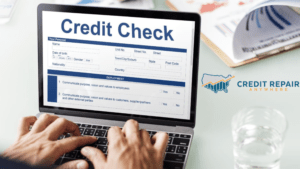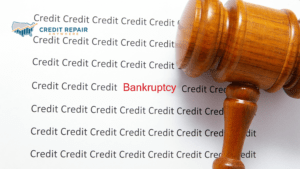Debt consolidation is a financial strategy that involves combining multiple debts into a single, more manageable loan or payment plan. This approach is often pursued by individuals who find themselves burdened by various outstanding debts, such as credit card balances, personal loans, or medical bills. The primary goal of debt consolidation is to streamline the repayment process, although potentially reducing monthly payments and simplifying financial management.
One common method of debt consolidation is to take out a new loan to pay off existing debts. This new loan, often referred to as a consolidation loan, typically comes with a lower interest rate than the average rate of the original debts. By consolidating debts under a single loan with a lower interest rate, individuals may save money on interest payments over the life of the loan.
Here are some key aspects to consider when exploring debt consolidation:
1. Lower Interest Rates in Debt consolidation is a financial strategy
Consolidation loans often come with lower interest rates compared to credit cards or other high-interest debts. This can result in significant savings over time, as less money goes towards interest payments.
2. Single Monthly Payment:
Managing multiple debts can be challenging, leading to missed payments and additional fees. Debt consolidation simplifies the process by combining various debts into a single monthly payment, making it easier to stay organized.
3. Extended Repayment Terms Debt consolidation is a financial strategy
Consolidation loans may offer longer repayment terms, spreading the debt over a more extended period. While this can reduce monthly payments, it’s essential to consider the overall cost of the loan, as a more extended repayment period may lead to paying more interest over time.
4. Secured vs. Unsecured Loans:
Debt consolidation loans can be secured or unsecured. Secured loans require collateral, such as a home or car, which can result in lower interest rates. Unsecured loans, on the other hand, do not require collateral but may have higher interest rates.
5. Impact on Credit Score:
Consolidating debt can have both positive and negative effects on credit scores. On one hand, it may improve credit scores by reducing the overall debt-to-credit ratio. On the other hand, opening a new credit account can temporarily lower the score.
6. Professional Assistance:
Individuals struggling with debt may seek the help of credit counseling agencies or debt consolidation companies. These organizations can provide guidance on financial management, negotiate with creditors, and offer debt consolidation services.
Conclusion Debt consolidation is a financial strategy
Debt consolidation can be a viable option for those seeking financial relief from multiple debts. However, it’s crucial to carefully evaluate the terms of the consolidation loan, consider the impact on credit scores, and explore alternative solutions. Additionally, individuals may benefit from developing sound financial habits to prevent future debt accumulation.
In conclusion deciding on debt consolidation, it’s advisable to consult with financial professionals, thoroughly review loan terms, besides and assess individual financial circumstances.



